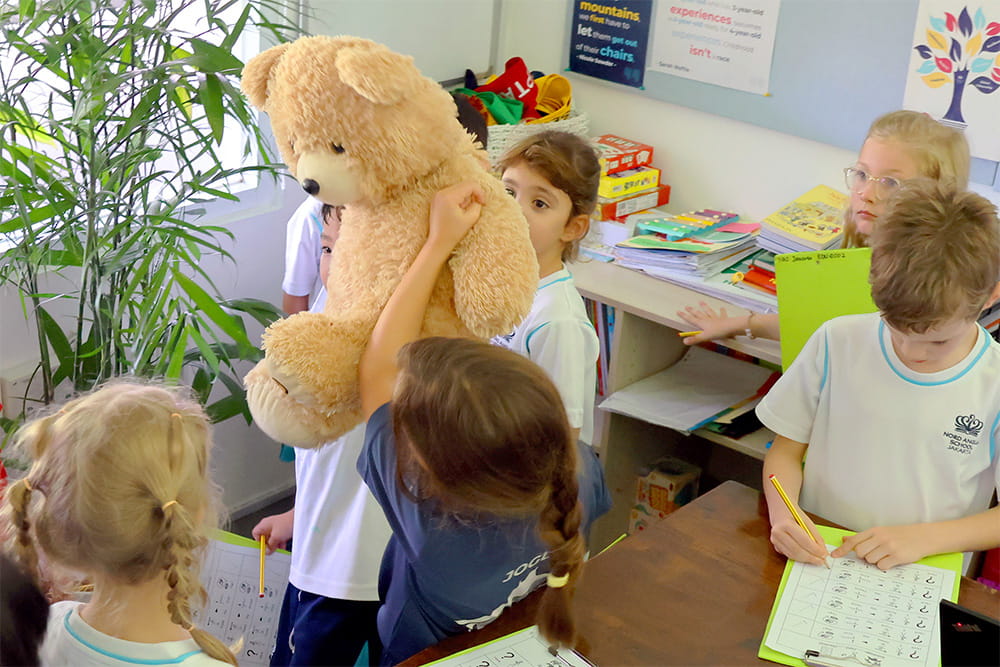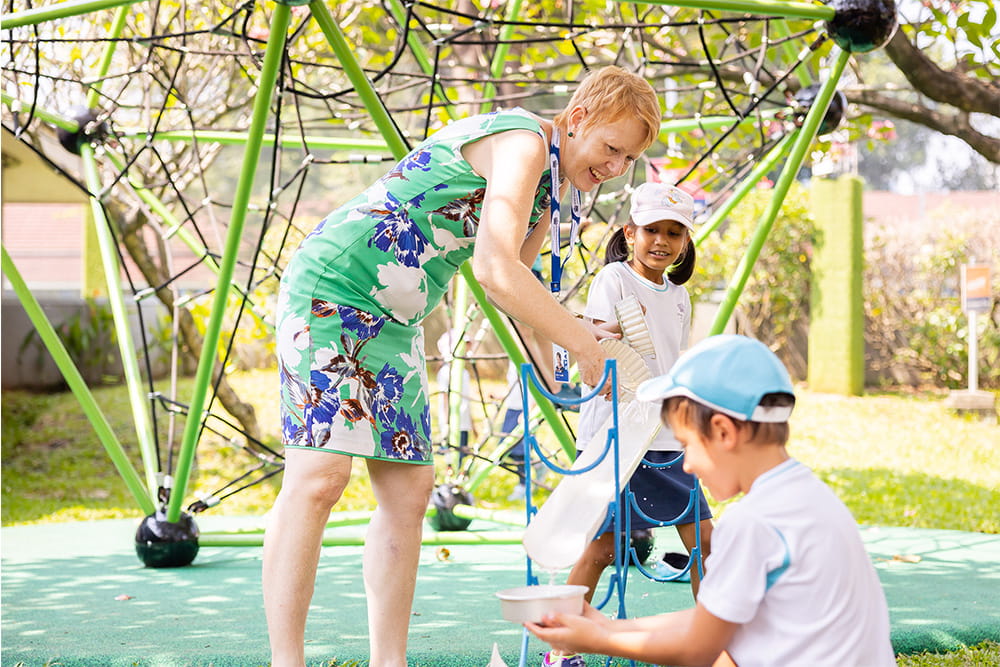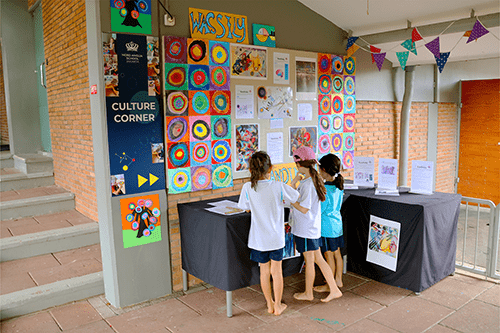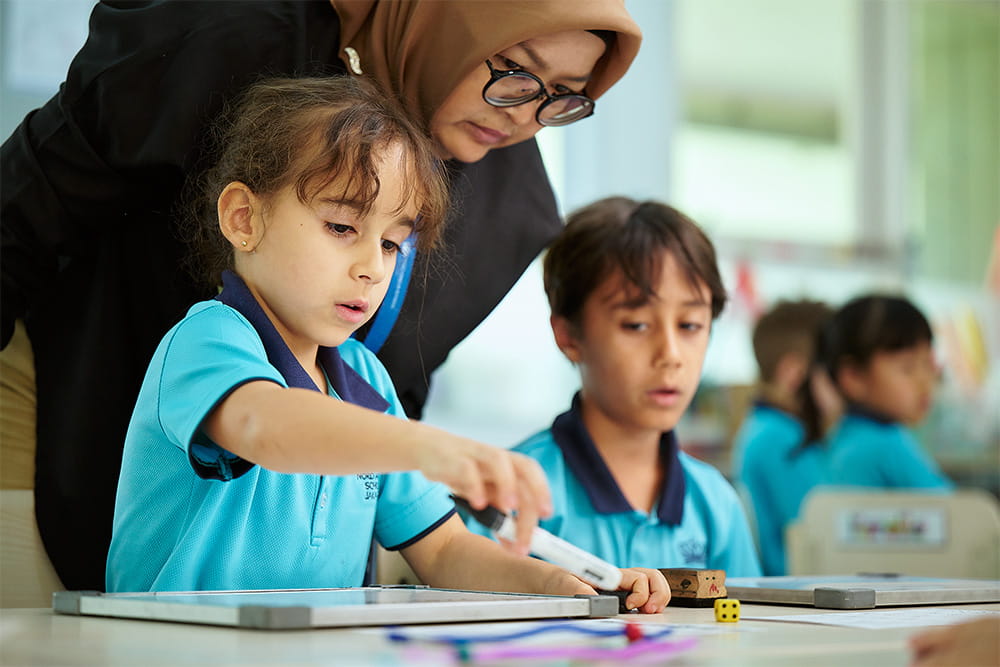We use cookies to improve your online experiences. To learn more and choose your cookies options, please refer to our cookie policy.
Admissions Open 2025-2026
Experience more our unique international school with a cozy, leafy environment, where every child is inspired to achieve their best.





.png?rev=c827385ac2a741f39d644e4cbb2c33ee&hash=2F9A890689BC0DAEC78A54637D7BA761)



